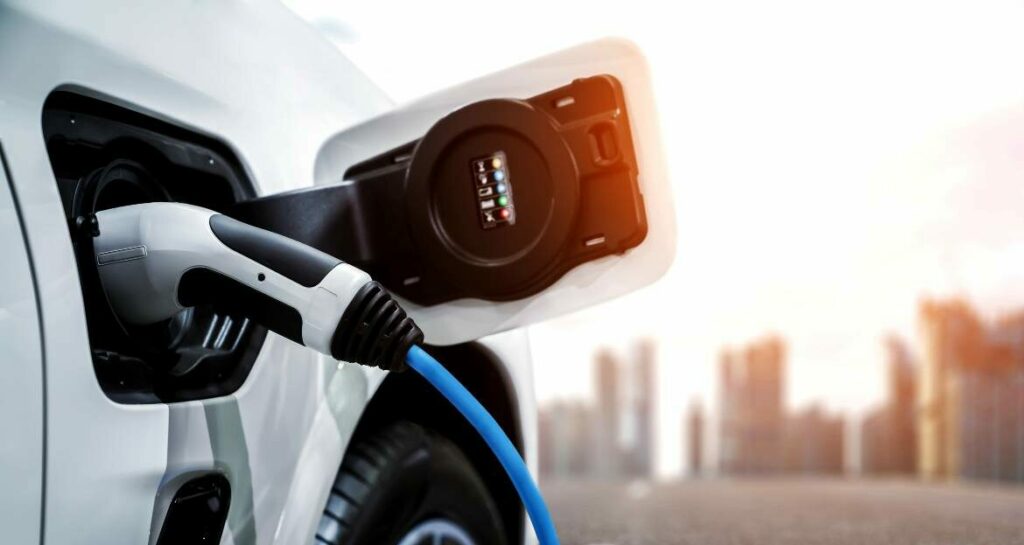Good news for the climate woke: General Motors has pledged to stop making gas-powered cars and trucks by 2035 and sell only zero-tail-pipe emission vehicles. At the rate GM has been declining over the years the first part sounds quite plausible. The New York Times is chuffed about the second, saying “The announcement is likely to put pressure on automakers around the world to make similar commitments.” Well, perhaps. Except that the company boasted in January 2020 that, at least domestically, “We’ve focused our resources on what our customers want – crossovers and trucks – and that has paid off”. So why pivot to cars the customers don’t want? Maybe the real plan is to lobby governments to step in and subsidize trendy green cars for the few who want them at the expense of the many who do not. In which case everybody loses, except the carmakers who cleverly replace sales in the market with subsidies from the state.
At the risk of seeming catty, we might observe that General Motors is, like the New York Times whose print circulation fell by half between 2005 and 2017, a once-mighty brand that is having trouble retaining customers in a changed world. For instance its Oldsmobile division, the oldest surviving American car marque by 2004, folded in that year because the world had passed it by and ad campaigns like “This is not your father’s Oldsmobile” became infamous how-not-to examples of wrecking a troubled brand. Like, we venture to caution, the legacy media ruthlessly excluding any notion that there are two sides to the climate debate at a time of plunging revenues and audiences turned off by substituting bias for opinion, let alone news, without self-awareness.
GM has been through bankruptcy once and seems to be recovering, and remains one of the world’s largest car companies including massive operations in China. But it has quality issues and despite its very woke approach to philanthropy and to hydrogen as well as flex-fuel cars including of course the Volt, it’s only one or two very bad bets away from being a museum piece like, um, Pontiac or Saturn, or a subsidy-dependent shell of its former self. And here we note that they have sold perhaps 200,000 Volts total, out of annual sales that were over 10 million in 2016 but already down to under 8 million by 2019.
Of course it’s always possible that they’ll make a ton of money on green cars and everyone else will rush to imitate them. Because the good thing about the announcement is that it’s about consumer choice. As it should be. Unless, as noted, it’s about getting your grill deep into the subsidy trough because you can’t make money the old-fashioned way.


